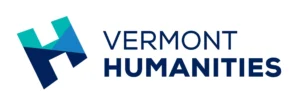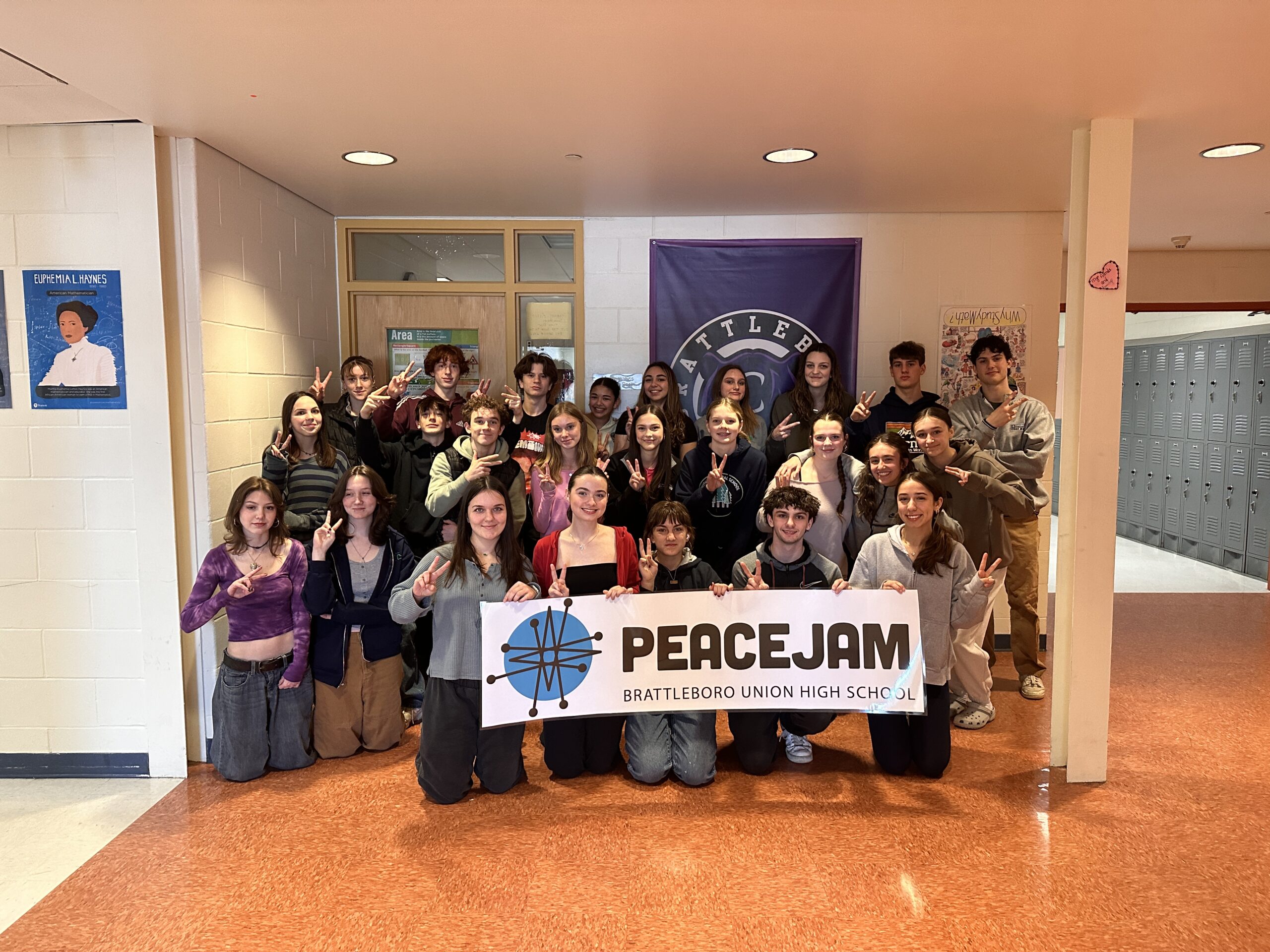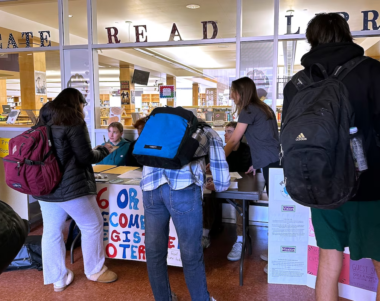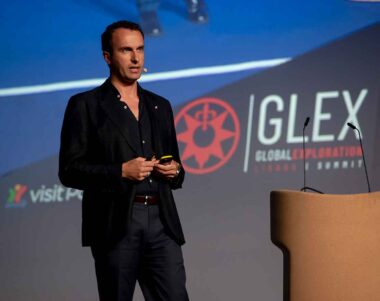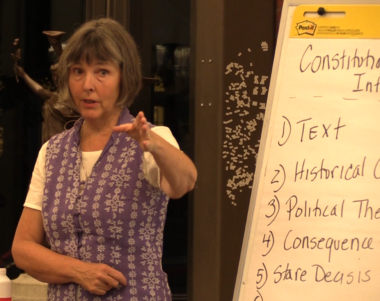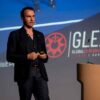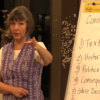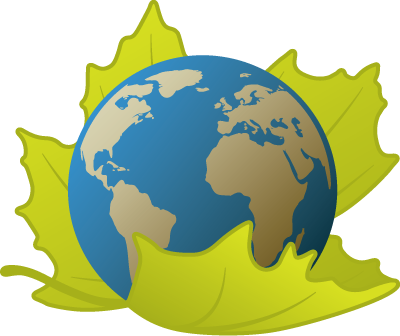Healthy tropical ecosystems are imperative to maintaining a healthy planet
Get Involved.
Volunteer.
Make a Difference.
Stand With Indigenous Communities to Protect Our Rainforests!
Stop Deforestation
Stop Deforestation
Notice: Test mode is enabled. While in test mode no live donations are processed.
Protect and enhance environment for future generations.

Efficient Technology
Reducing energy use reduces energy costs and result in a financial cost saving to consumers.

Air & Climate
We deserve clean air to breathe and a sustain-able future that is responsive to challenges by climate change.

Green Technology
Reducing energy use reduces energy costs and result in a financial cost saving to consumers.

Water Environment
Water is at the heart of adaptation to climate change, it is the link between the climate, human society.

Water quality standards
The surface water quality standards help protect, control and regulate the quality of fresh and marine waters.

Energy Conservation
Energy conservation are efforts made to reduce the consumption of energy by using less of an energy service.
It is time to change
We help purchase and protect the world’s tropical forests.
Rainforest Trust purchases and protects the most threatened tropical forests, saving endangered wildlife through partnerships and community engagement.
Through these highly effective partnerships, we can ensure sustainable results necessary for the long-term protection of tropical ecosystems and the wildlife they hold.
Take a Part Inside the Movement
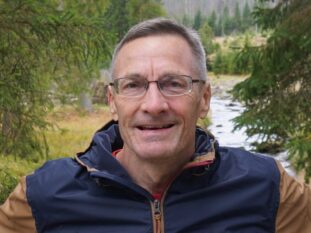
Ukraine/Russia War: Third Year and Counting118 Elliot, Brattleboro VT – 6:30 pm – 8:30 pmUkraine/Russia War: Third Year & CountingWell into the third year of fighting on the battlefields of Eastern Europe, the Ukraine/Russia war remains locked in an apparent stalemate. Please join Bob Beck as he reviews the current state of the conflict, the likely endgame scenarios, and what it all means for the United States.
Robert Beck of Peterborough, N.H. served for 30 years overseas with the United States government in embassies in Europe, the Middle East, and Asia. He writes frequently on foreign affairs for local papers, has spoken often across the region about the war in Ukraine, and teaches foreign policy classes at Keene State College’s Cheshire Academy for Lifelong Learning.
For 64 years, Windham World Affairs Council has brought the world to Windham County. We build community engagement, dialogue, and resilience by helping people understand complicated issues that manifest globally and locally. Through ongoing programs such as salons, youth and teacher support, and a monthly speaker series led by global experts, we build intergenerational and cross-cultural social connections to create a more inclusive and engaged community. As an independent, nonpartisan organization with an all-volunteer board and a growing dues-paying membership, we present all events free to the public and participate as a chapter of the national World Affairs Councils of America. People are encouraged to join WWAC here in order to support monthly lectures and participate in our ‘Members & Friends Salon’ for networking and off the record guest speakers. Salons typically start at 6pm after the WWAC board meeting on the fourth Wednesday of the month from 4:45 to 5:45 PM. All are welcome. |
August 21, 2024 6:30 pm – 8:30 pm |
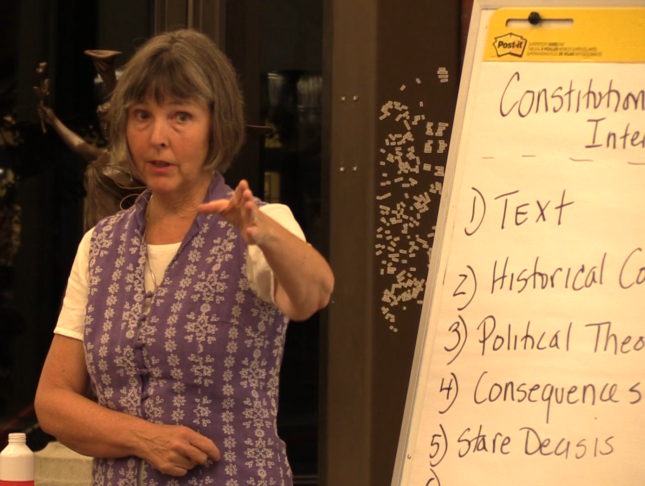
America 250 Town Hall Series : What Does the First Amendment Ask of Us?Brooks Memorial Library, Brattleboro VT – 6:30 pm – 8:30 pmAmerica 250 Town Hall Series:What Does the First Amendment Ask of Us?
|
September 25, 2024 6:30 pm – 8:30 pm |




